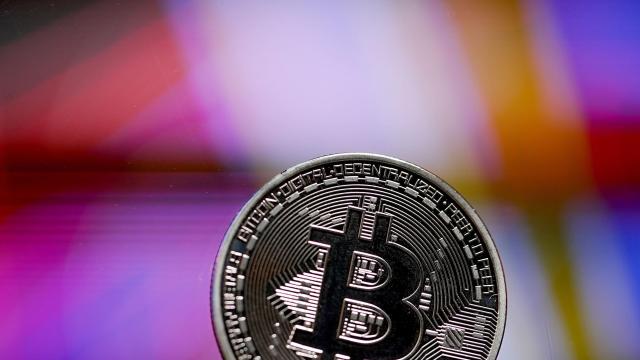China has all but banned bitcoin — and bitcoin holders, whoever they are, have customarily panic dumped the cryptocurrency. As CNBC International’s Ryan Browne has pointed out, bitcoin nearly wiped out all of its gains this year this morning, which would turn into a loss if it reaches $US29,388.30 ($37,693). Early this morning, it hit a low of only a 1% year-to-date increase, although it began to rebound at the time of publication to just over $US31,500 ($40,402).
To no surprise, Ethereum and Doge were also toppling.
This week, China’s central bank, the People’s Bank of China (PBoC), instructed financial institutions including banks and Alipay to stop facilitating bitcoin payment links and halt the trading, clearing, and settling of bitcoin transactions in order to protect financial stability, end speculation, and prevent money laundering and crime. CNBC’s Eunice Yoon tweeted that Alipay has warned that it may restrict accounts that use its services for trading.
Bitcoin had already nosedived over the weekend, when China pulled the plug on mining operations in the Sichuan province, which ordered electric companies to stop powering known mines. The University of Cambridge has estimated that, as of April, 65% of bitcoin mining was located in China.
What does this mean? Seth Melamed, CEO of the Japan-based crypto exchange Liquid, told Reuters that the combination of moves might incentivise bitcoin miners to sell now in order to restart their operations elsewhere. CNBC supposes they might move to Texas, with plentiful energy and lax regulations.
So, it may mean more bitcoin for you. But maybe a bunch of people in China are HODLing forever now. Or maybe others saw this coming and sold in May, when the Chinese government warned of a crackdown.
China is moving to its own centralised cryptocurrency, the digital yuan, controlled and issued by the PBoC for domestic use. The government has held a series of lotteries in order to boost the Chinese cryptocurrency economy; in the latest, it parceled out $US6.2 ($8) million in digital yuan to 200,000 Beijing residents who download one of two Chinese banking apps. Recipients were expected to spend the money by Sunday, June 20.
The U.S. federal government also looks likely to regulate bitcoin. The Securities and Exchange Commission has said that it will issue penalties for crypto scofflaws; the Treasury Department has suggested a crypto tax; and the Federal Reserve is looking into a digital dollar.
Many are pointing out that over the weekend, bitcoin passed the “death cross,” a harbinger of doom in traditional markets, when the 50-day moving average crosses beneath the 200-day moving average. Stock market death crosses signalled disasters preceding the Great Depression and 2008 financial crisis. Other unidentified crypto bulls told the New York Times that the “big picture” looks bright. Scammers may agree.
